The exceptional charges included a £35m provision to cover these remedial works over five years and £3.1m to cover recent business streamlining designed to save £4m annually.
Watkin Jones also incurred additional costs at its co-living scheme in Exeter, where the main contractor went into liquidation last year and the firm had to step in to self-deliver.
Revenue remained stable for the year to the end of September at £413m, while adjusted operating profit before exceptional items was £200,000.
Recently appointed chief executive Alex Pease, said the board had also decided to exercise caution in the prevailing market conditions and not accelerate the development of some pipeline assets.
“Significant cost inflation and volatility in real estate funding markets meant that 2023 represented a period of unprecedented challenge for the business.
“While funding conditions remain difficult, the outlook is gradually improving and the strong asset performance in purpose-built student accommodation and build-to-rent sectors gives me confidence in the longer-term market recovery and return to growth.”
He added: “In the short term, current secured revenue of £300m from previously sold developments is expected to cover our 2024 cost base.
“All developments under construction are on track, supported by continuing moderation in build cost inflation. Our secured development pipeline stands at £1.5bn.”
He added: “Encouragingly, the forward fund market is showing early signs of recovery as interest rates stabilise.
“Watkin Jones continues to have a market-leading team and offering to the residential for rent sectors and we are taking the right steps to ensure we are well placed to capitalise on this, as conditions improve.”
“While we remain focused on our core forward fund model, we will look at potential opportunities to diversify our revenue streams through development partnerships and refurbishment opportunities for institutional clients. This should generate revenue and margin without requiring significant capital investment.”

.gif)







.jpg)





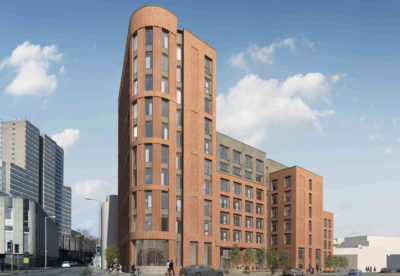

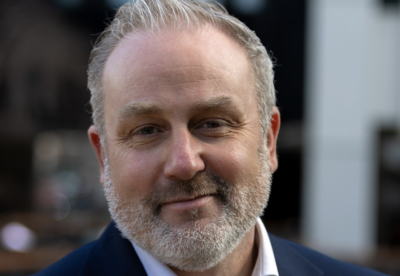

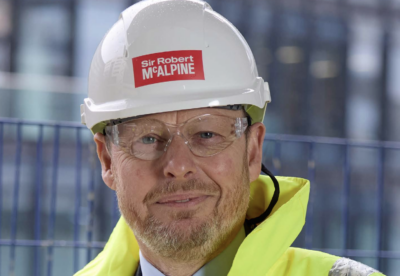

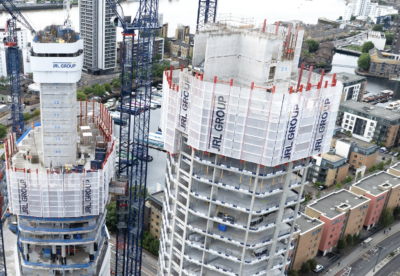







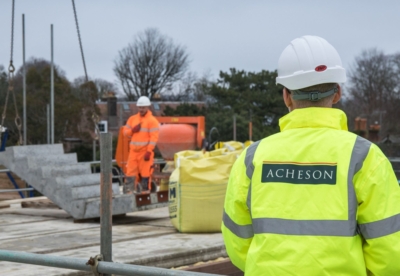
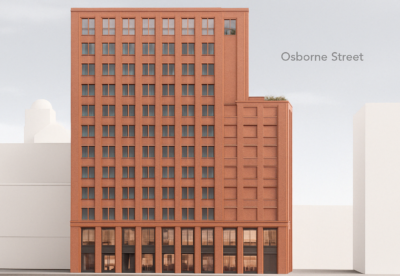


.gif)


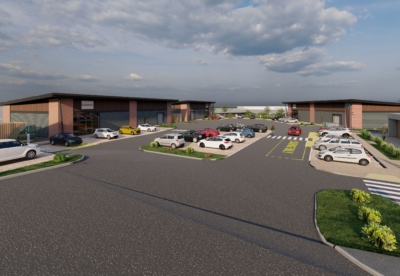

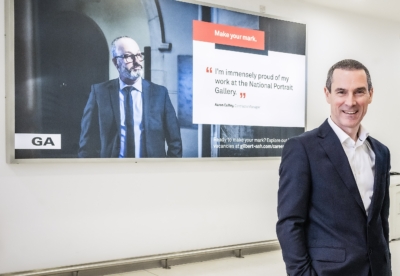

 (300 x 250 px).jpg)













